Truth is not merely what we are thinking, but also why, to whom and under what circumstances we say it
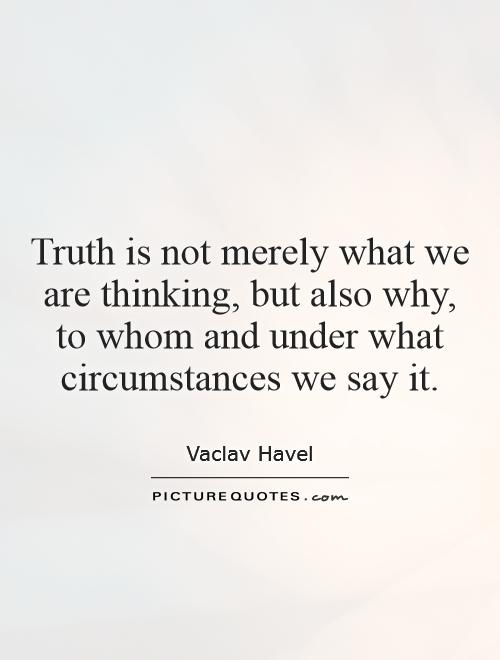
Truth is not merely what we are thinking, but also why, to whom and under what circumstances we say it
Vaclav Havel, the renowned Czech playwright, dissident, and politician, understood the complexities of truth and the importance of context in which it is spoken. Throughout his life, Havel grappled with the concept of truth in the face of oppressive regimes and the struggle for freedom and democracy.Havel believed that truth was not simply a matter of stating facts, but also a reflection of one's intentions, audience, and the circumstances in which it is communicated. In his famous essay, "The Power of the Powerless," Havel argued that living in truth meant standing up against the lies and deceptions of totalitarian regimes, even at great personal risk. He believed that speaking the truth was a moral imperative, regardless of the consequences.
For Havel, truth was not just about what we think or say, but also about why we say it. He understood that the motivations behind our words are just as important as the words themselves. Havel believed that speaking the truth was an act of courage and integrity, a way to resist the forces of oppression and injustice.
Havel also recognized the importance of the audience to whom we speak the truth. He understood that the impact of our words depends on who is listening and how they interpret our message. Havel's plays and essays were often aimed at challenging the status quo and inspiring others to think critically about the world around them.
Havel understood that the circumstances in which we speak the truth can greatly influence its reception. In a society ruled by fear and censorship, speaking the truth can be a dangerous act. Havel himself faced imprisonment and persecution for his outspoken criticism of the communist regime in Czechoslovakia.
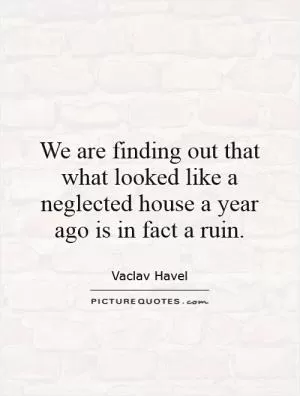
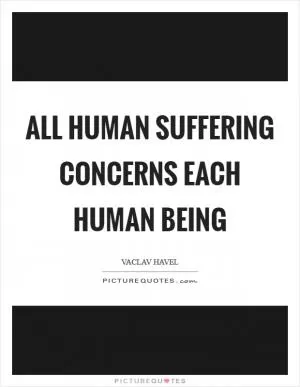
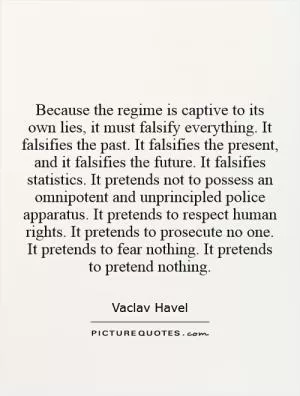
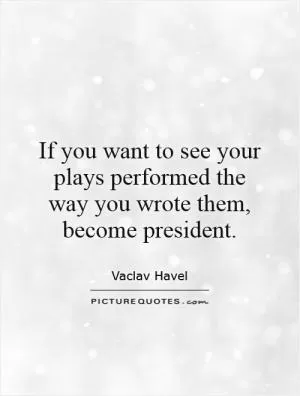
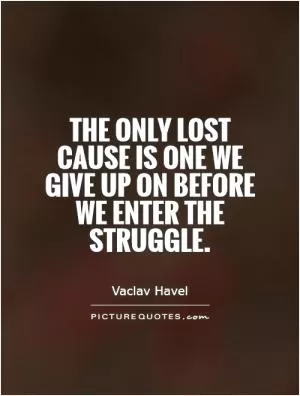

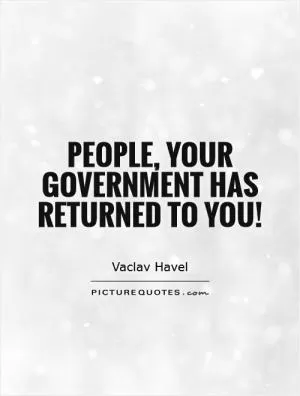
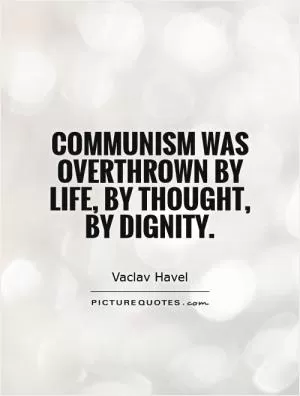
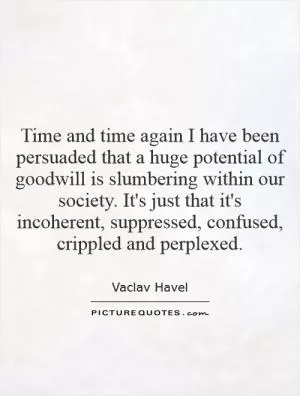
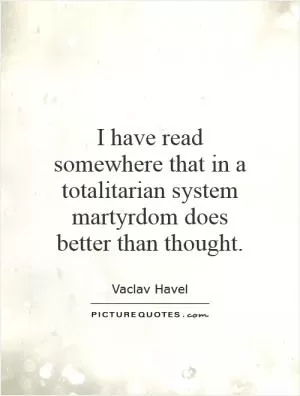
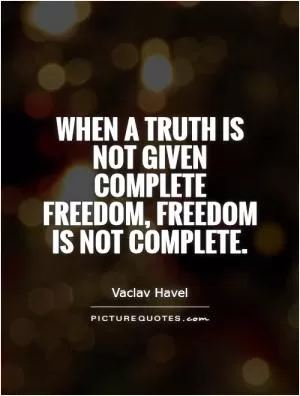
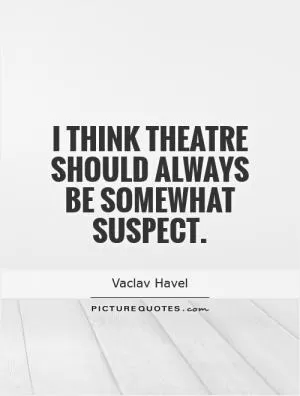
 Friendship Quotes
Friendship Quotes Love Quotes
Love Quotes Life Quotes
Life Quotes Funny Quotes
Funny Quotes Motivational Quotes
Motivational Quotes Inspirational Quotes
Inspirational Quotes